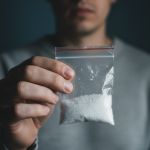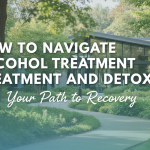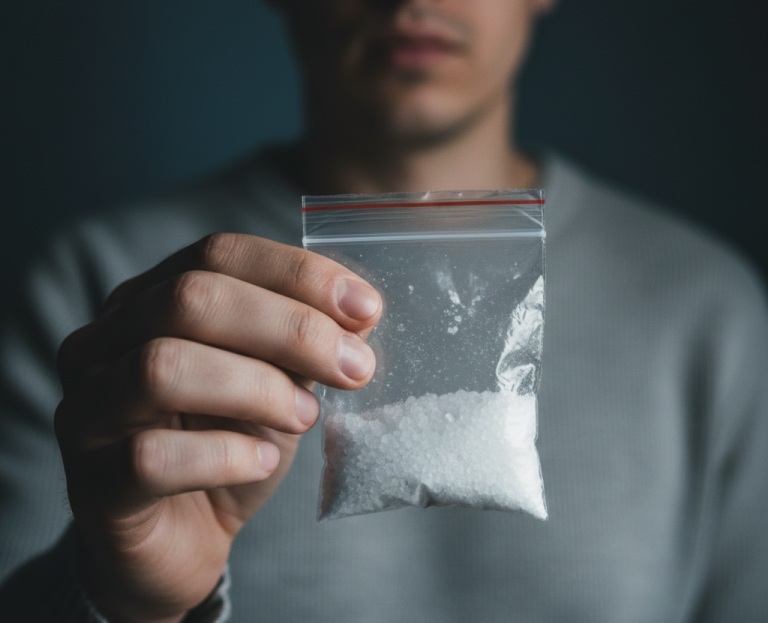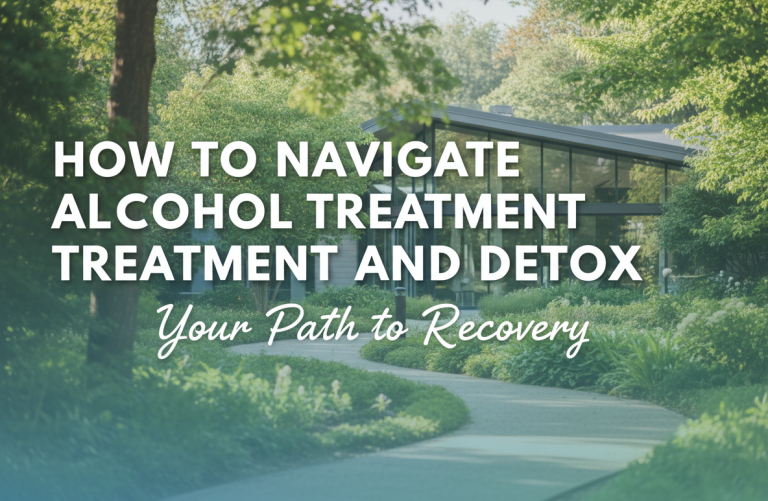Languages define how we perceive and deal with the problems happening in society, mainly in mental health and addiction. Over the years the terms used to describe addiction have progressed to align better with a more sympathetic and accurate understanding of both the struggle and the disease. The strongest shift has been from ‘substance abuse’ to ‘substance use disorder.’ Though this sounds like a small change, it’s a vital step toward fostering understanding, empathy, and effective treatment.
The Shift from “Substance Abuse” to “Substance Use Disorder”
For generations, the preferred term for describing problems caused by drugs and alcohol was ‘substance abuse’. Over time, as understanding of what drives addiction has grown, the term has come into question. What’s meant by ‘substance abuse’ is, a moral failing, a lack of self-control, and that is wrong. These implications often fill people struggling with addiction with shame and discourage them from seeking help.

By comparison, “substance use disorder” is a medical science term. The Diagnostic and Statistical Manual of Mental Disorders, Fifth Edition (DSM-5), officially adopted the disorder. The terminology acknowledges addiction as a chronic brain disease rather than a mere moral failing. By putting the condition into a medical context, we eliminate blame by re-envisioning ‘substance use disorder’; and it requires us to take a more empathic approach to treatment and assistance.
The Impact of Language on Recovery
The words we use have power, and the language we use can impact recovery. Terms like ‘substance abuse’ carry a stigma and can make people afraid to reach out for help because of the embarrassment and guilt attached. But when someone feels labeled or judged, they’re less likely to take that step and delay accessing life-saving support.
On the contrary, words like “substance use disorder” make the space a supportive and unjudgmental one. Addiction is also a disease, they say, which can only be cured and treated much like diabetes or heart disease. Such a language change elicits hope and has people believe recovery is possible and achievable.
Transform Your Life at Orlando Treatment Solutions
At Orlando Treatment Solutions, we understand that compassionate care comes a long way in recovery. We strive to offer compassionate and evidence-based treatments for substance use disorders in a supportive and stigma-free environment.
For individual needs, we provide a range of therapies such as cognitive behavioral therapy (CBT), group therapy, and holistic approaches that address mind, body, and spirit. If you or a loved one is in the early stages of the recovery journey or needs some additional help, we are here for you. Take that first step towards a healthier, more fulfilling life. Contact Orlando Treatment Solutions today.
Why Precision in Terminology Matters
The terminology that we use affects not just people, but public opinion and policymaking. If addiction is defined as a moral failing, people are less likely to back programs that fund treatment and research. Perpetuating stigmatizing language sows the lie that addiction can be ‘willed out’ and hence dispensed with, and robs us of the cure we need.
When diagnoses like “substance use disorder” use precise, medically accurate terms, the narrative shifts. This brings the reality to the forefront that addiction is a complex disorder that will need expert intervention and be managed over a long time. For treatment to outweigh punishment, for prevention to mean the things we say it means not just on paper but in practice, we need to change this perspective.
Similarly, the precision of language tends to urge doctors and other healthcare workers to take a more sympathetic way. Looking at addiction through a medical lens increases the likelihood that clinicians will provide patient-centered care that treats the root of the addiction rather than only the symptoms.
Making the shift from “substance abuse” to “substance use disorder” is just one of the steps of a larger cultural shift toward understanding and compassion concerning addiction. Using non-stigmatizing language empowers us to create a safer space for people struggling to recover, prevents prejudice, and makes it possible for addiction to be seen as the disorder it is.

If you or someone you know is struggling with substance use disorder, know that there is help available. At Orlando Treatment Solutions, we offer individualized care with compassion to each one of our clients. If you’re ready to start the process of overcoming your addiction, contact us today.



























